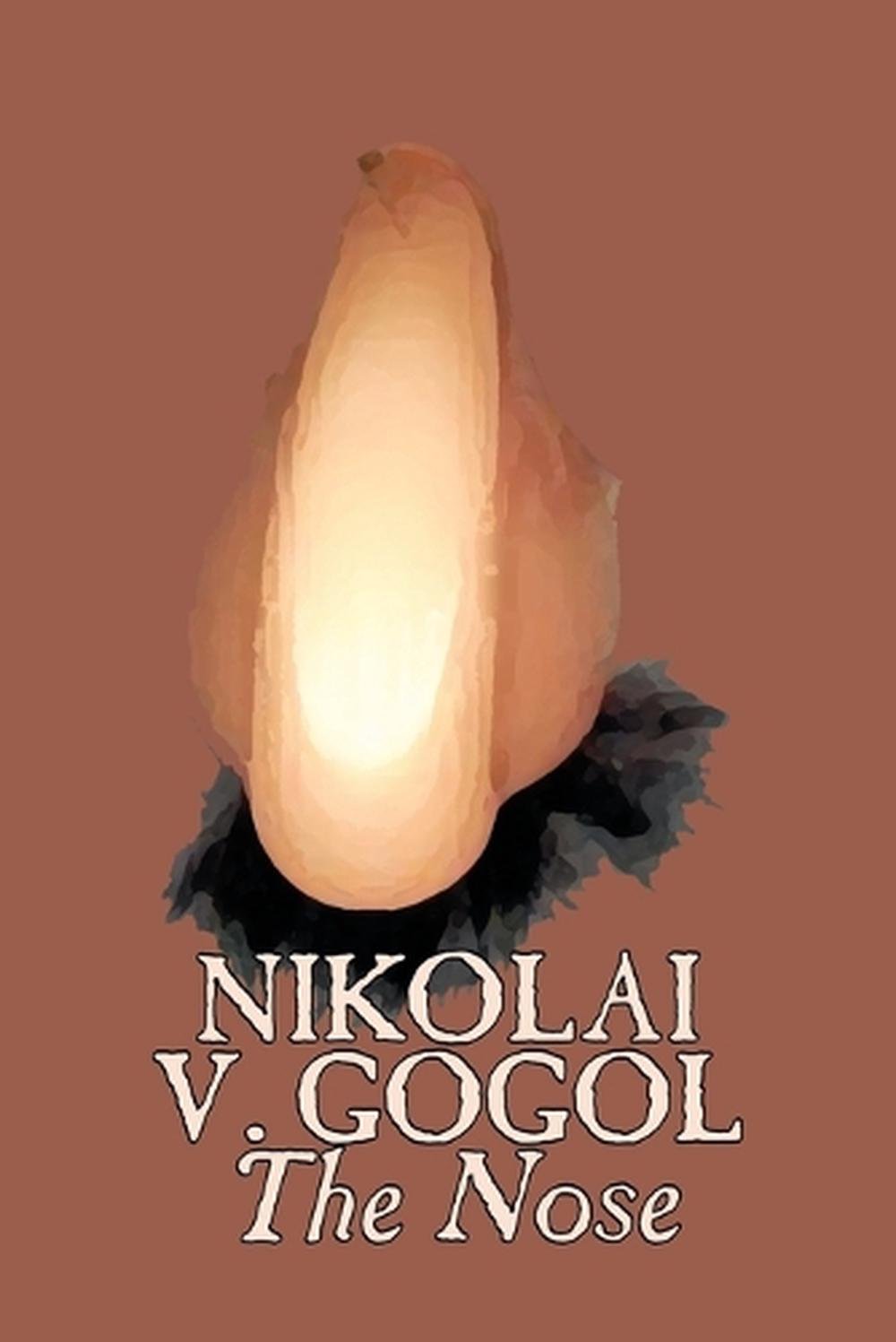
While I am not likely to use the expression psychological physics of the fictive world in future reviews, I can see exactly what he means in his highly amusing analysis of Gogol’s story. By which he means that it feels psychologically ‘right’. In the case of Gogol’s The Nose, Saunders says, the story feels truthful because the psychological physics of the fictive world are felt to be similar to the psychological physics of our own. …it is truthful in the way that it reacts to itself, in the way it responds to its premise, in the way it proceeds-by how things change within it, the contours of its internal logic, the relationships between its elements.

(p.275)Įven the most bizarre of stories can be truthful if… Nevertheless many writers use what is called ‘consensus reality’, to write stories where things happen roughly as they do in the real world the mode limits itself to what usually happens, to what’s physically possible.īut a story can also be truthful if it declines consensus reality-if things happen in it that don’t and could never happen in the real world. But, he reminds us, realism isn’t really real: stories are compressed and exaggerated, with crazy levels of selection and omission and shaping going on. Or it might be that the sequence of events seems true because characters behave as one might expect them to after certain events take place, such as blaming someone else for getting lost.

A story can seem true because it depicts a world that seems true, with details of weather and wind or aspects of setting.


But in the chapter ‘The Door to the Truth Might Be Strangeness, Thoughts on The Nose‘, Saunders begins by interrogating how stories can be true. Saunders’ analysis of the techniques these Russian writers use is particularly useful when it comes to making sense of a work like Gogol’s The Nose.Īs you can see from what purports to be my review, I had only a vague idea of what Gogol was on about in his strange tale about Major Kovaliov waking up one morning to find that his nose is missing. Paired with iconic short stories by Chekhov, Turgenev, Tolstoy, and Gogol, the seven essays in this book are intended for anyone interested in how fiction works and why it’s more relevant than ever in these turbulent times.Įveryone’s a book critic these days, but as I discovered early on in my reading life, the more interesting books sometimes use narrative in unfamiliar ways, and the peril lies in making judgements about a book without understanding the writer’s purpose or even recognising the craft. Although this book is marketed as a ‘literary masterclass’ derived from George Saunders years of teaching the Russian short story in a creative writing program, I’ve put it into my ‘literary criticism’ category, because that’s how this book is useful to me as a reader.


 0 kommentar(er)
0 kommentar(er)
